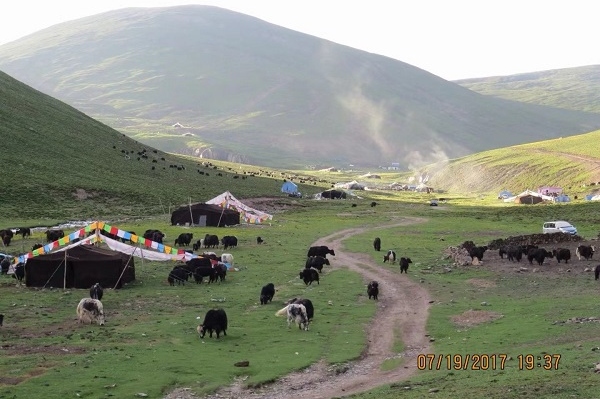19 November 2024


Francis Tsang writes on LinkedIn: Traceability from farm to open slaughter site in the production of Tibetan Domestic Yak Leather is essential for ensuring that the materials are sourced responsibly and ethically.
Tibetan herders and farmers ensure that yaks are treated humanely throughout their lives, including during transportation and at the slaughter site. This includes providing adequate living conditions, proper nutrition, and veterinary care.
Monitoring and minimizing the environmental impact of yak farming and leather production. This can involve sustainable grazing practices, waste management, and leather tanning.
Pictures are taken by The Snowland Great Rivers Environmental Protection Association (SGR).
We are not the manufacturer of Responsible Yak Leather but are the porters of the Tibetan Plateau.
We bring leather, material and fashion businesses together: an opportunity to meet and greet face to face. We bring them from all parts of the world so that they can find fresh partners, discover new customers or suppliers and keep ahead of industry developments.
We organise a number of trade exhibitions which focus on fashion and lifestyle: sectors that are constantly in flux, so visitors and exhibitors alike need to be constantly aware both of the changes around them and those forecast for coming seasons.